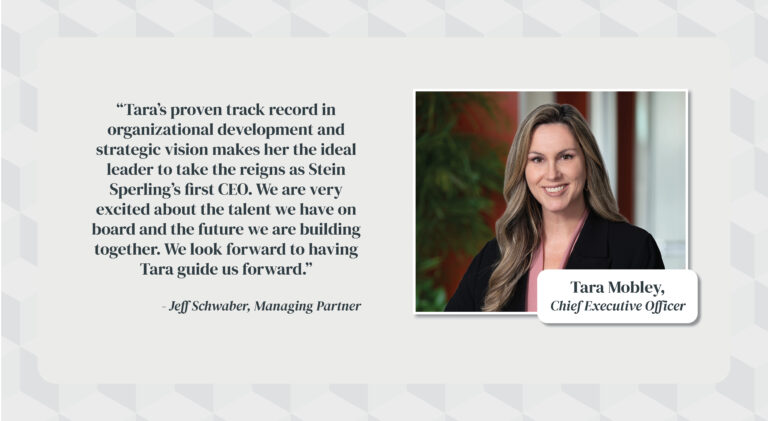June 13th, 2022
My Business Survived COVID, But Will It Survive Me? (5 Initial Considerations for Business Succession Planning)
Posted in: Business Law Estates, Trusts & Probate Featured
Author: Adam S. Abramowitz

The recent pandemic ravaged businesses large and small, causing record numbers of closures and financial hardship. The reality check over the last two and a half years has caused many individuals to examine their personal and professional mortality. Record numbers of individuals have consulted estate planning attorneys to ensure that mechanisms are in place individually and professionally should death or incapacity occur. Have you done the same to safeguard your businesses survival? Let history, like the story of Jack Kent Cooke and the necessary sale of the Washington Football franchise serve as a lesson in planning for your business’ future. Consider the following:
Intentions/Goals
Every plan needs a purpose; what is yours? Whether a fourth-generation franchise that is intended to continue for generations to come, or a solo venture that will be sold to provide a family legacy in the future, the final destination and the steps to get there must be documented. Take the time to consider what happens in the next chapter. That answer can change over time and your plan can certainly adjust to reflect that. Talk to key contributors or family. Gauge interest in continuing the business at your death or incapacity. Identify your broader objectives and move forward from there.
Titling/Ownership
Are your goals consistent with your interest in the business? Who are your partners or other members? These are all relevant questions as you plan. Obviously, with sole ownership you have more flexibility than a minority owner of a small interest. However, once you have your goals in mind, the next step is identifying what you are planning for. Understanding your exact ownership is crucial to your succession plan.
Formal Business Agreement(s)
Review your key business documentation, including but not limited to Articles of Organization/Incorporation and Operating/Shareholder Agreements. Knowing what you can do starts with the four corners of the documents governing the interest. Do you have restrictions on what you can and cannot do from a transfer/ownership standpoint? This is key to understanding the succession of your ownership interest.
Working in Harmony with Your Estate Plan
The plan must take into consideration triggering events such as death, disability, divorce, and dispute. An effective succession plan necessarily must work in concert with the owner’s estate plan. Therefore, this requires a comprehensive review of the owner’s estate plan to confirm, among other things, tax considerations, liquidity, fiduciary arrangements, and disposition/allocation of assets. If the estate plan and business succession are not viewed under the same lens, the two could conflict leaving the health and success of the business in limbo.
End Game
Structure your plan to achieve the desired result. You can’t ensure business operations long term without necessary liquidity for taxes, etc. You can’t structure a sale without proper guidance. Whatever the result, document it to set yourself up for success.
Conclusion
Good planning is essential to achieving your desired outcome. Be proactive not reactive. Will your business survive?







